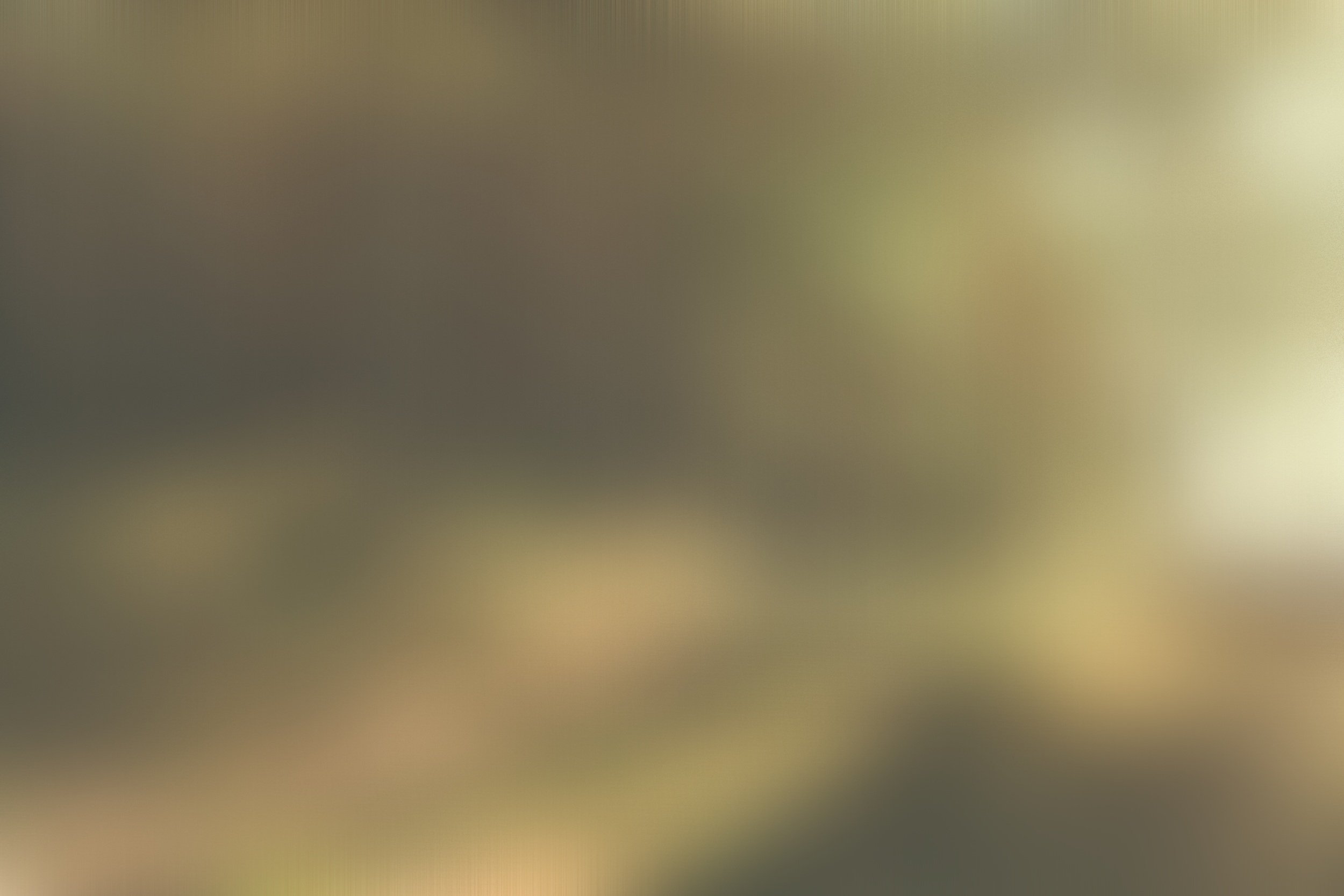
1.3: European Exploration
1.3: Explain the causes of exploration and conquest of the New World by various European nations.
In the last set of notes, we went over all of the different groups of people that lived in the Americas before European arrival. But what happened to them after the Europeans arrived?
But before we can talk about the Europeans arriving, we need to first establish why they arrived in the first place. Essentially, during the 1400s, Europe's population and society were recovering from the Black Plague which had wiped out a third of the population in the 1350s. As a result, European states were finally becoming more powerful again and were now centralized under strong monarchs. Because of this, a wealthy upper class developed that had a desire for luxury goods from Asia. There were already many land trade routes to Asia at the time but they were mostly controlled by Muslims, preventing Europeans from establishing trade on their own terms. This created a desire to find alternative routes, leading many explorers to embark on voyages in the late 1400s.
Portugal
Prince Henry the Navigator of Portugal aimed to find a route to Asia by sailing around Africa, which led Portugal to establish trading posts along the African coast and dominate the Indian Ocean trade with their advanced maritime technology. They used caravels (cheap and agile trading ships specialized for trade), along with precise maritime charts, astronomical tables, and tools like the astrolabe, magnetic compass, and sternpost rudder for navigation.
Spain and Columbus
After Spain saw the profits that Portugal was getting from their trade routes, they entered the exploration race as well after Spain was unified under monarchs Isabella and Ferdinand, and after the Iberian Peninsula was reclaimed from Muslims. But they also had an additional goal: to spread Christianity. After Spain established trading posts in Africa, India, and Asia, an Italian sailor named Christopher Columbus came to Ferdinand and Isabella seeking sponsorship for a westward journey to find a route to Asia, as other routes were already controlled by other states. (African routes by Portugal, Mediterranean routes by Italian city-states, Eurasian routes by Muslims). As a result, Columbus set sail west in 1492 seeking a route to India, and a few months later, he landed in North America. Specifically, he landed on the island of San Salvador but because he thought he was in the East Indies, he called the inhabitants Indians. Upon arriving there and seeing the large amounts of valuable resources and raw minerals in the land, such as gold, he returned to Spain with some samples of gold jewelry and some of the natives that he enslaved. News spread rapidly of this and soon after, this sparked a rush of Spanish exploration in the "New World," with many voyages to the Caribbean and South America.
In the end, Columbus did not discover a new sea-based route to Asia across the Atlantic, as they had realized a few years later, but nobody cared because of the gold they discovered, and this set off a chain of events that would change both the Americas, Europe, and even Africa in drastic ways in something known as the Columbian Exchange.
And here’s a list of some of the most important explorers during this period!
When: Name: Country: What They Did
1487: Bartholomeu Dias: Portugal: First to sail around the southernmost tip of Africa
1492: Christopher Columbus: Spain: “Discovered” the Americas and set off the Columbian Exchange
1497: John Cabot: England: Sailed to the Chesapeake Bay in search of northwest passage (Atlantic passage to Asia, doesn’t exist), helped lay the groundwork for later British claim to Canada
1499: Amerigo Vespucci: Spain: Explored the coast of South America, America was named after him
1513: Juan Ponce de Leon: Spain: Discovered Florida, died looking for the fountain of youth
1519: Ferdinand Magellan: Spain: His fleet circumnavigated the world on the ship but he died on the way in the Philippines.
1519: Hernan Cortez: Spain: Conquered the Aztecs in Mexico
1531: Francisco Pizarro: Spain: Conquered the Incas in Peru
1534: Jacques Cartier: France: Looked for a northwest passage and explored parts of Canada
1540: Francisco Vázquez de Coronado: Spain: Explored and led a large expedition from Mexico to present-day Kansas through parts of the Southwestern United States
1603: Samuel de Champlain: France: Explored and established the city of Quebec in New France (French colony in Canada)
1609 & 1610: Henry Hudson: England: Discovered Hudson River (NYC area) & Hudson Bay




